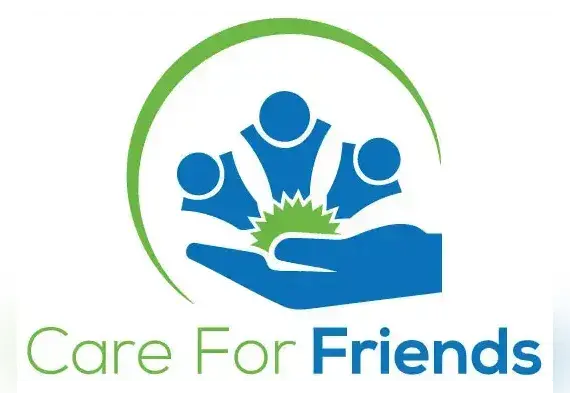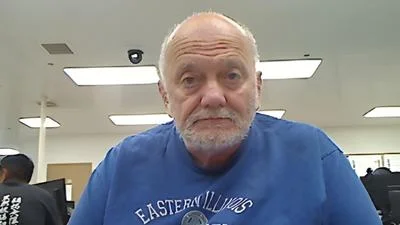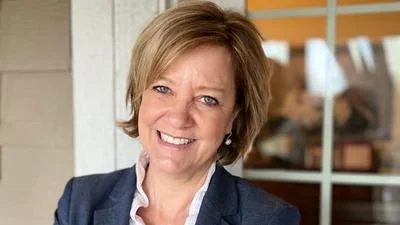Care for Friends Logo | careforfriends.org
Care for Friends Logo | careforfriends.org
The listed appropriations included grants of $1,913,120 and $956,562 if two, each designated for programs or services funded by the State of Illinois.
These appropriations represent state-level funding authorized by lawmakers, reflecting what was approved in the budget, not necessarily disbursed. The funds cover only State of Illinois support and exclude federal, local, or other public sources.
Founded in 2012, Care for Friends states that its mission is: “Shaping a future where access to food, housing, and healthcare is the reality for all.”
You can learn more about the organization at its website.
In its most recent IRS Form 990 filing filing for tax year 2024, the organization reported $496,386 in total revenue. Of that, $130,317 came from government grants including federal, state, or local sources, making up 26.3% of total revenue.
The nonprofit listed $491,130 in contributions overall. It also reported $96,719 in non-cash contributions, such as donated goods or services, and $360,813 categorized under other contributions, which may include restricted donations, pledges, or bequests.
At the beginning of 2024, Care for Friends had $331,173 in assets. By the end of 2024, that figure had changed to $493,676, indicating a significant 49.1% growth in overall holdings.
However, a Chicago City Wire analysis found that IRS filings frequently contain discrepancies when compared with publicly disclosed government grant reports and budgets.
Care for Friends is one of hundreds of nonprofits across Illinois that receive substantial support from state taxpayers while also fundraising privately.
In 2025, Illinois lawmakers introduced House Bill 1266, also known as the Department of Government Efficiency (DOGE) Act. The proposal would create a new oversight body within the Office of the Auditor General tasked with identifying cost-saving measures, reviewing agency performance, and advising on audit priorities. If passed, DOGE could bring additional scrutiny and performance evaluation to taxpayer-funded organizations.
According to ProPublica, Illinois has more than 78,000 active tax-exempt organizations, including nearly 60,000 classified as charitable nonprofits. In their most recent IRS filings, these groups reported a combined revenue exceeding $156 billion.
| Fiscal Year | Total Grants/Contracts | Total Taxpayer $$ |
|---|---|---|
| 2024 | 2 | $2,869,685 |
| Term | Name | Title |
|---|---|---|
| 2024-2024 | Brad A Hudson | Board Member |
| 2024-2024 | David Berkley | Board Member |
| 2024-2024 | Emily Sachs Wong | Board Member |
| 2024-2024 | F J Phillips | President |
| 2024-2024 | Felicia G Balmaseda | Board Member |
| 2024-2024 | Helen D Valkavich | Board Member |
| 2024-2024 | Hope E Pavich | Executive Director |
| 2024-2024 | Ibe Mbanu | Board Member |
| 2024-2024 | John Van Stee | Treasurer |
| 2024-2024 | John Gavin | Secretary |
| 2024-2024 | John O Vanstee | Treasurer |
| 2024-2024 | Louise Anderson | Board Member |
| 2024-2024 | Mark E Bean | Board Member |
| 2024-2024 | Morag Fullilove | Board Member |
| 2024-2024 | William King Jr | Board Member |





 Alerts Sign-up
Alerts Sign-up